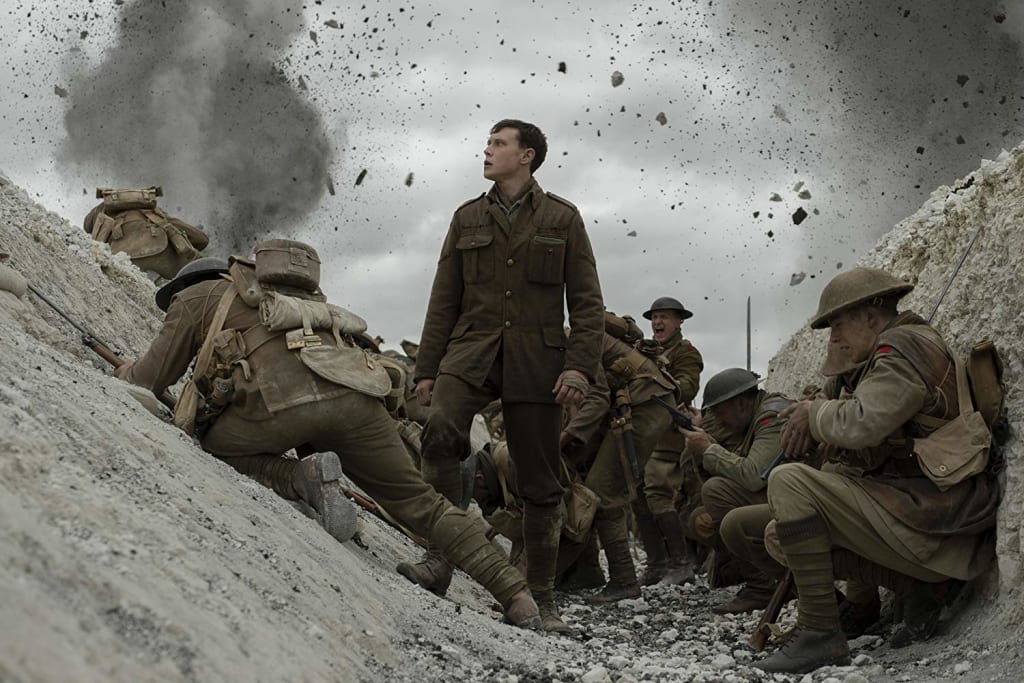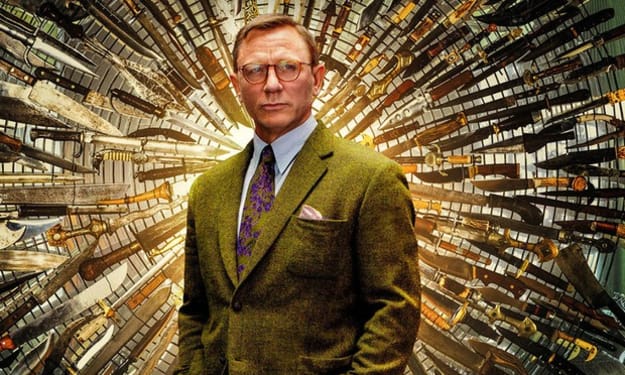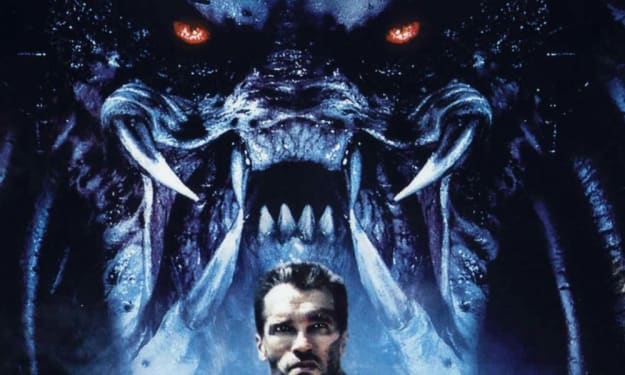
Hollywood has always popped out numerous war films throughout the years. Even as wars were still happening in the front, war films about that particular war were being produced (WWII films in particular). Audiences seem to have a fascination with these films. Whether it be for being petrified by the horrors, graphic violence, and ethical questions behind the war, audiences have flocked to these films time and time again. Whatever the case may be, 1917 certainly fits these premises. It also manages to go beyond the typical mold and create the film that we need at this time.
On April 6, 1917, two soldier Lance Corporal Blake (Dean-Charles Chapman) and Lance Corporal Schofield (George MacKay) must deliver a message ordered by General Erinmore (Colin Firth). This message needs to go directly to Colonel MacKenzie's (Benedict Cumberbatch) Second Battalion of the Devonshire line infantry regiment. This message, if not given, will result in the loss of 1600 men.
This film succeeds for many reasons. I think the personal connection to the film contributes. Sam Mendes' passion for the story bleeds through into the film. His inspiration came from his grandfather Lance Corporal Alfred H. Mendes' experience in WWI. Specifically, his journey of delivering a message through No Man's Land would inspire the main plotline of the film.
This film packs itself with stellar actors, including some powerhouse, Hollywood A-listers. These actors such as Colin Firth, Andrew Scott, and Benedict Cumberbatch are among these high-esteem actors. Surprisingly, they do not have much screen time, if any at all. The real standouts are George MacKay and Dean-Charles Chapman. Their passion for their performances show. The grueling efforts they took to embody these characters are reputable. Some of the best moments they delivered were the quiet moments of banter or casual conversations. We realize that these anonymous soldiers have personalities, quirks, and stories. These two respectfully portray the soldiers they reflect.
The cinematography and editing are a clear standout. The goal was to make the events feel like real-time and the viewer to immerse themselves in the story completely. A small crew and the actors planned six months with rehearsals to execute the seamlessness of the story. Using a steady camera instead of a shaky camera view was a great stylistic choice. It felt that the viewer was right behind the soldiers right in the action. The feeling that we are a silent participant felt like a bystander. The anxiety was high as we felt helpless, yet felt the same fear and empathy for our soldiers. We are literally in the trenches with the soldiers. We see the fatigue, worry, homesickness, and hopelessness within them.
Some war films choose to center their plot around a character or focus on a band of soldiers such as Saving Private Ryan or The Dirty Dozen. Some filmmakers want to make their soldiers unidentified or barely any dialogue to enforce a message. The individual is less than the whole, or in war, a person and their story does not matter. A recent example of this is Christopher Nolan's Dunkirk. The film delivers the perfect mix of the anonymity of the troops by not providing little to any exposition. The film starts straight in the trenches and goes straight to the point with only peppers of small conversation. It also succeeds in featuring our two Lance Corporals as the protagonists. We see them struggle to reach their destination and form a bond within the short time they have together. Their trust, friendship, close-calls, and strength as a pair makes this film human.
The question is, why does this film bear importance? Do the events that take place over 100 years ago still maintain relevance? Most people have probably heard the infamous quote regarding history, and how we need to remember it so that it may not repeat itself. The danger occurs when history and present-day seem to overlap. The line between past and present becomes harder to distinguish. Whereas some war films make the viewers feel unattached or make the events feel distant, this film feels very close to home.
Sadly, many do not know much, if anything, about WWI. What started the war or even who fought in the war are questions many of the newer generations cannot answer. Maybe its because those who fought are long gone. Or perhaps its because Americans do not realize their involvement in the war. According to The Atlantic writer Richard Rubin in his article "Why Don't Americans Remember The War" in 2014, his research about America in the First World War proved difficult. The lack of research in his field in the form of books or source material was slim to none. Plus, as he explained, this war sandwiched itself between two wars America was greatly involved in, the Civil War and WWII. Its lack of education contributes greatly to the reasoning.
Films are our teachers, in a sense. With this power comes great responsibility, and Sam Mendes wielded that power with responsibility. They paid great reverence to the lives lost, the families broken, and the soldiers who remained afterward. Hopefully, this film inspires people to listen, to remember, and always to learn about the past.
This film is an essential piece of our time. An entire generation of soldiers' memories preserved in this medium. This story and hopefully others will emerge as cinema progresses, and more stories come forth. This film certainly stands on its own. This film will be a staple in war films and cinema as a whole.
Rating: 4.5/5 stars
Source: Rubin, Richard. “Why Don't Americans Remember WWI?” The Atlantic, Atlantic Media Company, 9 Nov. 2018, www.theatlantic.com/magazine/archive/2014/08/why-dont-americans-remember-the-war/373469/.
About the Creator
Savannah Hope
Horror babe, woodland nymph, traveller, friend.
Libra Sun, Libra Moon, Gemini Rising
she/her/hers






Comments
There are no comments for this story
Be the first to respond and start the conversation.